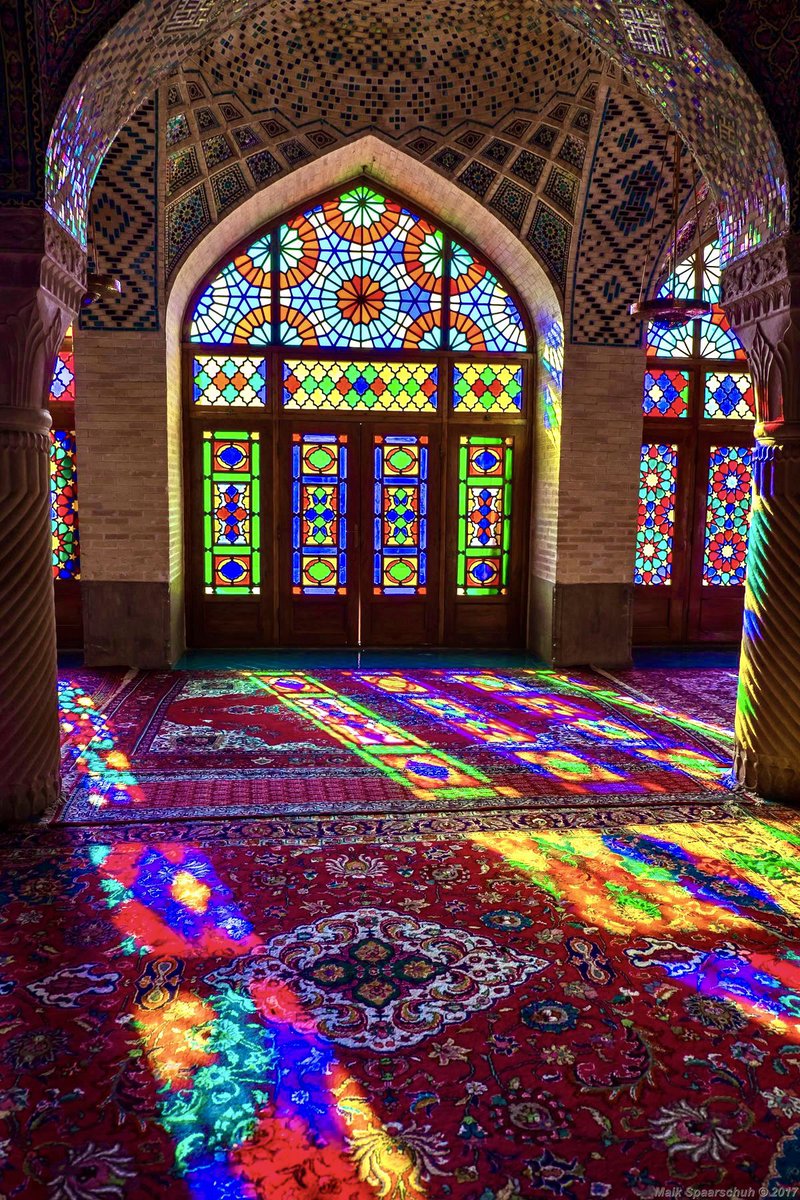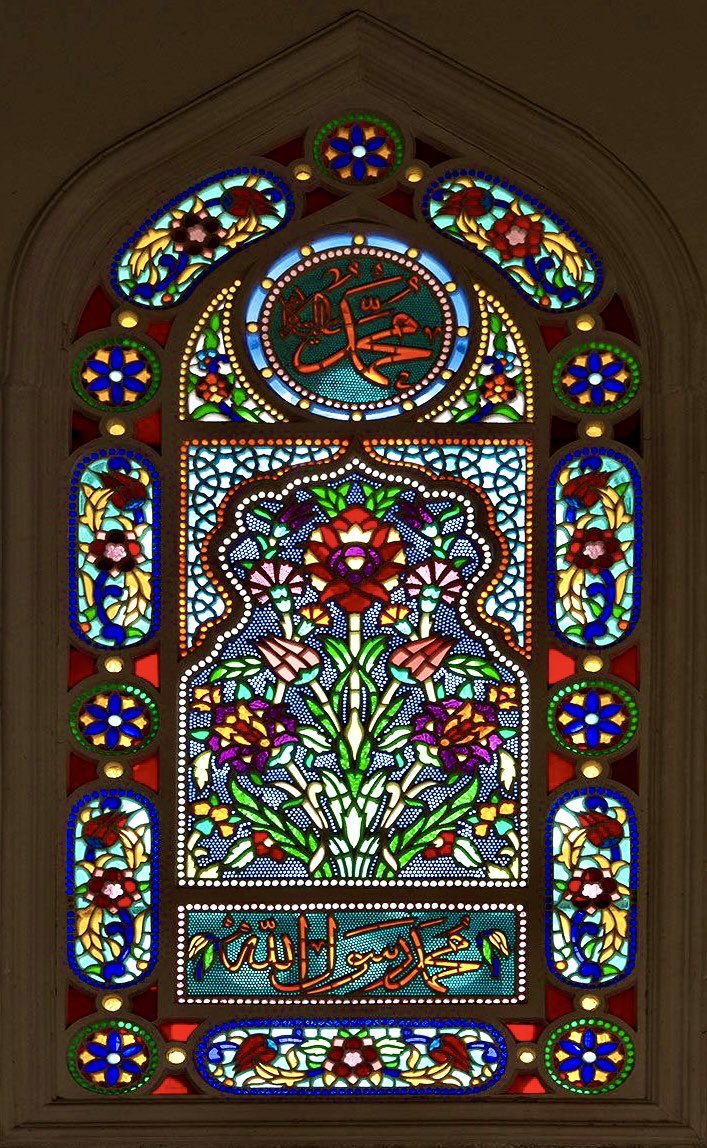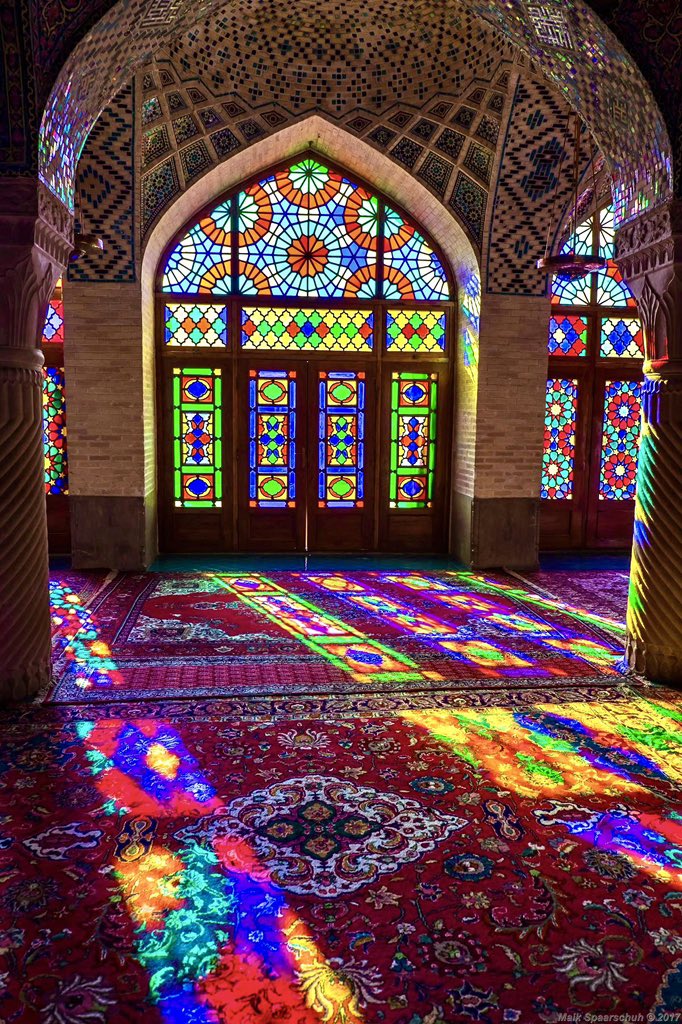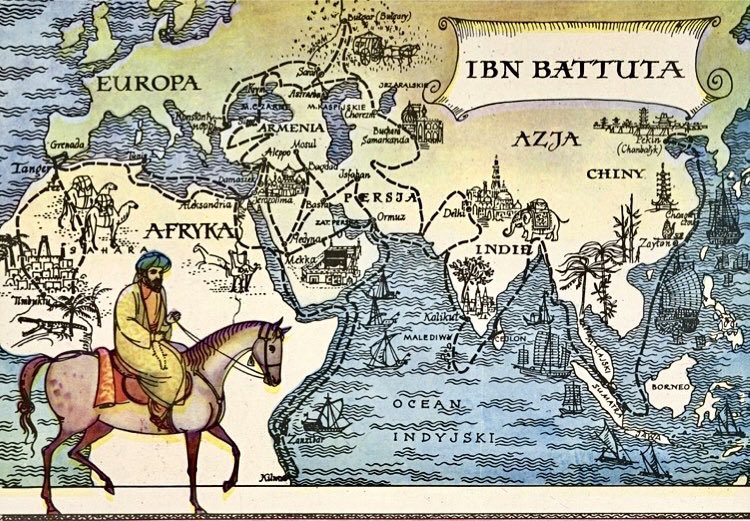From the very earliest stages in the Islamic literary tradition, poetry has reflected the deepest sense of Muslim self-identity, communal history, & aspirations for the future
To mark #WorldPoetryDay we are celebrating 14 Muslim poets who continue this tradition
A thread…
To mark #WorldPoetryDay we are celebrating 14 Muslim poets who continue this tradition
A thread…
1/ UK based Bahraini writer & poet @ali_mn_aljamri is passionate about Bahraini history, human rights & decolonising education.
Writing in Arabic & English, he was recently appointment as one of 3 Manchester Multilingual City Poets #WorldPoetryDay
baytalfann.com/post/belonging…
Writing in Arabic & English, he was recently appointment as one of 3 Manchester Multilingual City Poets #WorldPoetryDay
baytalfann.com/post/belonging…

2/ Poet Shagufta K Iqbal’s work is personal, intimate & sometimes both bruising – & tender. She uses poetry to reach out & engage with people whose experiences are not reflected within mainstream arts #WorldPoetryDay
baytalfann.com/post/mental-he…
baytalfann.com/post/mental-he…

3/ Poet & writer @MuniPilgrim creates a poetic space of care & dialogue, accessible to all regardless of cultural boundaries. She shares her experiences growing up in Bristol, being Black, British & Muslim #WorldPoetryDay
baytalfann.com/post/disruptin…
baytalfann.com/post/disruptin…

4/The poetry of @TrueHashem resonates with people, through his ability to tap into raw human emotion.
Hashim talks about reviving classical & free verse Arab poetry, and its connection to spirituality and faith #WorldPoetryDay
baytalfann.com/post/reviving-…
Hashim talks about reviving classical & free verse Arab poetry, and its connection to spirituality and faith #WorldPoetryDay
baytalfann.com/post/reviving-…

5/ Poet @noorinmyheart has created a community of people inspired by her words.
Her poems have a deep emotional connection to spirituality and her experiences as a Muslim woman #WorldPoetryDay
baytalfann.com/post/poetic-fa…
Her poems have a deep emotional connection to spirituality and her experiences as a Muslim woman #WorldPoetryDay
baytalfann.com/post/poetic-fa…

6/ British Bahraini poet @wordsbytaher is known for his spiritual style & powerful spoken word content.
He believes Islam has a long poetic tradition & the mainstream literary world should acknowledge this & create space for Muslim voices #WorldPoetryDay
baytalfann.com/post/taheradel
He believes Islam has a long poetic tradition & the mainstream literary world should acknowledge this & create space for Muslim voices #WorldPoetryDay
baytalfann.com/post/taheradel

7/ Writer & Spoken Word Artist @thebrownhijabi interrogates narratives around race, gender, Islamophobia, feminism & colonialism in her work.
She talks about democratizing art & how poetry can be used as a catalyst to facilitate change #WorldPoetryDay
baytalfann.com/post/talking-d…
She talks about democratizing art & how poetry can be used as a catalyst to facilitate change #WorldPoetryDay
baytalfann.com/post/talking-d…

8/ Spoken word poet & actor @MimShaikh is passionate about reclaiming narratives, & believes more Muslim stories should be included in the mainstream.
He talks about diversity in the creative industries #WorldPoetryDay
baytalfann.com/post/diversity…
He talks about diversity in the creative industries #WorldPoetryDay
baytalfann.com/post/diversity…

9/ British Pakistani Poet Sana A. Rashid poems celebrate bilingualism, coinciding with her experience as a diasporic South Asian woman.
She advocates for inclusion of more Muslim voices in the literary world #WorldPoetryDay
baytalfann.com/post/why-repre…
She advocates for inclusion of more Muslim voices in the literary world #WorldPoetryDay
baytalfann.com/post/why-repre…

10/ Dialectic is an American born Spoken Word Artist & Poet of Pakistani descent. A social justice advocate, he commentates about current affairs & colonialism in his work.
@dialectichiphop talks Islam, iconoclasm, capitalism & abolition #WorldPoetryDay
baytalfann.com/post/stolen-ic…
@dialectichiphop talks Islam, iconoclasm, capitalism & abolition #WorldPoetryDay
baytalfann.com/post/stolen-ic…

11/ Poet @nasimabee uses art as a means of activism. Her work is an exploration of loss, a celebration of femininity & an observance of the world.
She shares her experience as a Muslim artist, challenging the validity of ‘representation #WorldPoetryDay
baytalfann.com/post/challengi…
She shares her experience as a Muslim artist, challenging the validity of ‘representation #WorldPoetryDay
baytalfann.com/post/challengi…

12/ London based writer, poet & filmmaker @_jamalbhai work is inspired by his Muslim identity.
He writes through his faith exploring death, spirituality & human connection #WorldPoetryDay
baytalfann.com/post/writing-t…
He writes through his faith exploring death, spirituality & human connection #WorldPoetryDay
baytalfann.com/post/writing-t…

13/ Poet & writer @SaraSalehOz is the daughter of migrants from Palestine, Egypt & Lebanon, living & learning on Gadigal land.
A campaigner for refugee rights & racial justice, she believes in the power of words for social change #WorldPoetryDay
baytalfann.com/post/our-own-s…
A campaigner for refugee rights & racial justice, she believes in the power of words for social change #WorldPoetryDay
baytalfann.com/post/our-own-s…

14/ Artist & poet @IbrahimSincere was born in Mombasa, Kenya, his family migrated to London when he was one years old.
His cultural heritage & faith inspires his creativity. He talks about belonging, spoken word, & social justice #WorldPoetryDay
baytalfann.com/post/poetics-a…
His cultural heritage & faith inspires his creativity. He talks about belonging, spoken word, & social justice #WorldPoetryDay
baytalfann.com/post/poetics-a…

Thank you so much @arash_tehran for your kind support and sharing our thread 🙌🏽♥️
Thank you so much @komallsalman for kindly sharing 🙌🏽♥️😁
Thank you so much @tezilyas for liking our thread! You are an inspiration Mashallah 🙏♥️
• • •
Missing some Tweet in this thread? You can try to
force a refresh






















